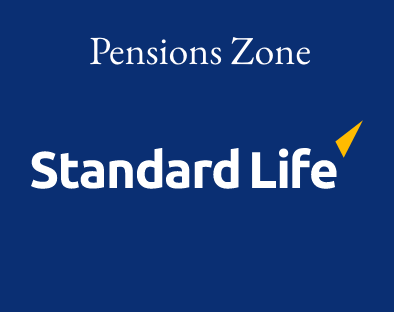Inheritance tax receipts reached a fourth consecutive annual record high in the last tax year, as frozen thresholds and rising property prices dragged more people into the net.
The latest figures from HM Revenue & Customs showed IHT receipts for April 2024 to March 2025 reached £8.2 billion, an increase of £0.8 billion on the same period last year.
Experts said a combination of rising asset values and frozen thresholds have meant that many people who wouldn’t have faced a tax bill a few years ago are now being caught out, while others don’t realise their estate is at risk until it’s too late to plan.
Stephen Lowe, director at Just Group, said: “It’s now four years on the trot that inheritance tax has delivered record-breaking annual tax takes for the Treasury, on the back of a combination of frozen thresholds and rising property prices. As the saying goes, death and taxes are the two certainties in this world.”
Tim Snaith, partner at Winckworth Sherwood, said: “The nil-rate band and the residence nil-rate band have not been adjusted for inflation or rising property values, which means more estates are becoming liable for the tax as asset values increase.
“It remains a persistent and unavoidable inheritance tax planning issue, and one that should not be ignored. To avoid unexpected financial burdens, it is crucial for individuals to regularly review their wills and estate planning to manage their wealth efficiently.”
Plans to bring unused pension savings under the scope of IHT in 2027 will add further complexity to the system, experts noted.
Helen Morrissey, head of retirement analysis at Hargreaves Lansdown, commented: “Families are increasingly finding themselves caught between the rock of rising asset values and the hard place of frozen thresholds. The result is that the IHT issue is no longer one for the richest people – it’s something that needs to be considered more widely. The proposed inclusion of pensions in the inheritance tax net from April 2027 only makes the situation worse.”
Jonathan Halberda, specialist financial adviser at Wesleyan Financial Services, said: “Month-on-month we’re seeing the impact of frozen thresholds that no longer reflect current asset values, alongside an increasingly complex system.”
Halberda said those at risk of IHT should consider ways to mitigate their exposure, including gifting money or assets to loved ones, considering putting assets in a trust and making sure they have an up-to-date will.
Main image: jeremy-bishop-FKhxUvwImw-unsplash































